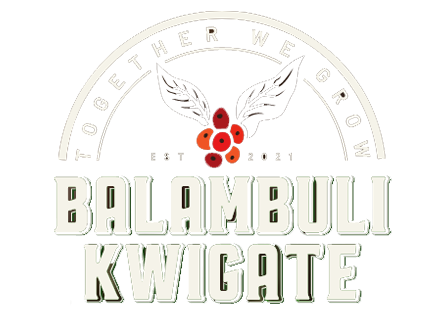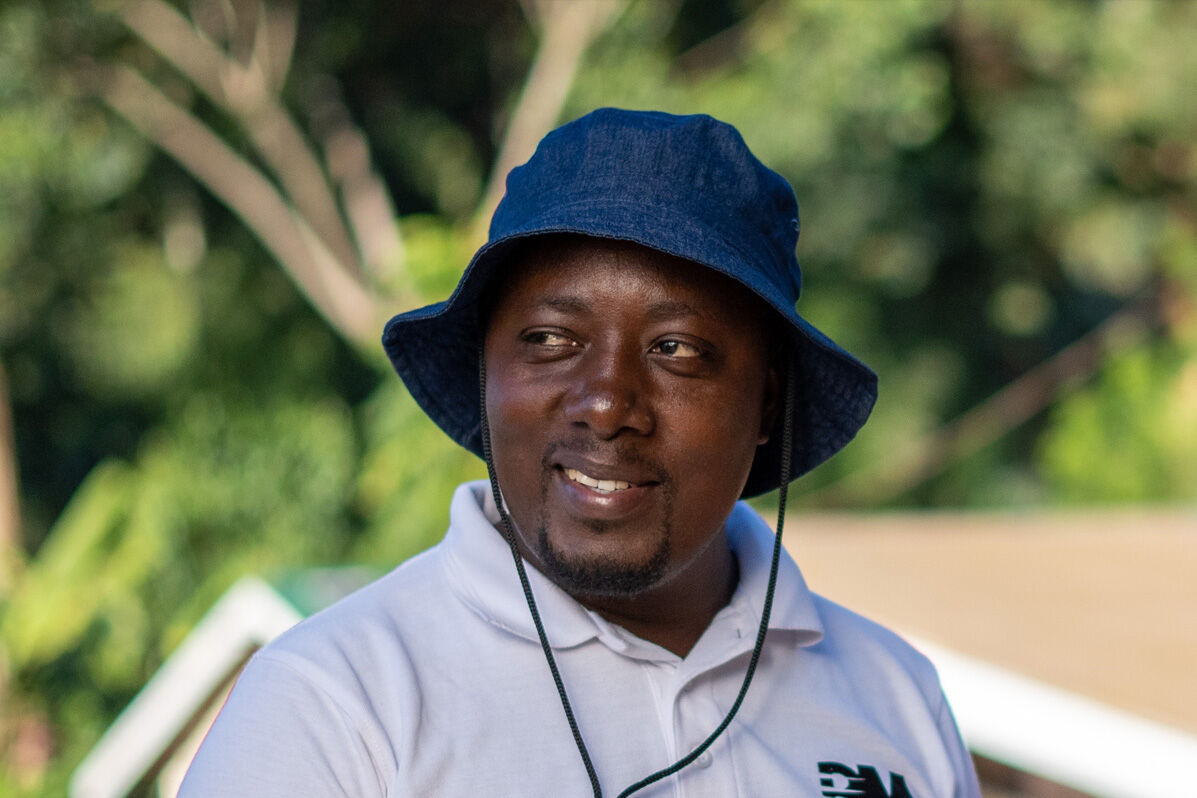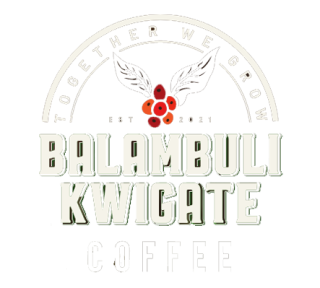The Uganda Coffee Development Authority (UCDA) recently recognised Balambuli Kwigate Coffee as one of Uganda’s model coffee projects.
Indeed, during the media tour at the high-altitude Suguta village in Buginyanya sub-county in Bulambuli district, the 43-year-old took us around the washing station and later to the coffee-drying facility in Mbale.
Over the past three years, BKC has demonstrated consistent quality processing while also sharing proceeds with the communities in which they operate.
“As BKC, we are in this business to make money, but we also want to improve the lives of smallholder farmers whom we buy coffee from. Together, we have a mission to contribute to the community’s long-term economic security by delivering the best coffee cup profiles from Uganda,” he says.
THE SITE
BKC, which deals in Arabica coffee, deploys basic but meticulous process flows to produce fully washed coffees called Zinule, a Gishu word for sweet; naturals, which are refer to as Naginzole, honey-processed, and anaerobic, among others.
According to Mukhone, it all starts with getting the right cherries – strictly red, which provide a good start and a high probability of eventually producing a good cup.
“We float, sort, pulp, ferment, wash and then dry our washed coffees under regulated temperatures. The same goes for naturals, although here we do not pulp. In coffee terms, these processes produce speciality coffee and employ meticulous handling to enhance the flavour and complexity of the coffee.
At Suguta, BKC directly employs about 32 workers, most of whom are involved in coffee sorting, loading, and washing, but there are also those indirectly employed, such as transporters. At Busoba in Mbale, where the final processing is done, BKC employs 45 to 60 workers, depending on the volume of work in a given season.


